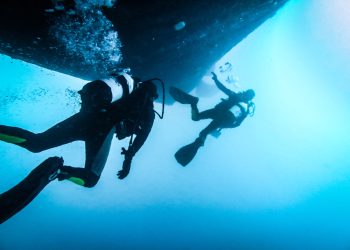The UK P&I Club’s Claims Executive, Amanda Hastings gives her advice on how shipowners to face the challenges posed by contracts which fall silent on definitions of work-related illness and mitigate liability in these types of claim.
In order for an illness to be deemed work-related under the POEA-SEC, certain conditions must be met:
- The seafarer’s work must involve the risks described in the POEA-SEC for that disease. Cardio-vascular events, such as heart attacks (that are not linked to pre-existing heart diseases) are considered work related provided that the seafarer was exposed to severe strain 24 hours prior to the attack.
- The disease was contracted as a result of the seafarer’s exposure to the described risks. For example, if a seafarer is known to be hypertensive or diabetic and has failed to take his medication or comply with doctor recommended lifestyle changes, and suffers a heart attack as a result, this will not be deemed to be work-related.
- The disease was contracted within a period of exposure and under such other factors necessary to contract it. This would usually be determined by a medical expert in reference to data on the subject and the seafarer’s service history.
- There was no notorious negligence on the part of the seafarer. In accordance with Section 20 (D) of the POEA SEC, illness or injury resulting from the seafarer’s own wilful act is not compensable. For example, a seafarer is tasked with hold cleaning and fails to wear the appropriate facemask, despite this being available onboard and procedure dictating that it must be worn. The seafarer subsequently develops a respiratory condition which could have been avoided if he had complied with the safety requirement, meaning that his negligence has contributed to his illness. The burden of proof for this would lie with the owner.
Mrs Hastings refers to the following practical steps that operators can take to mitigate their exposure for these types of claims
The Pre-Employment Medical Examination (PEME): All seafarers must undergo a PEME screening in advance of joining a vessel; however, the quality of these PEMEs varies greatly. Depending on the flag state, minimal information may be required and the likelihood of detection of problems is limited. Requiring more detailed PEMEs will likely highlight risk factors and pre-existing conditions, such as hypertension and diabetes.
Whilst these pre-existing conditions do not necessarily exclude someone from sea service, knowledge of them does give the operator the opportunity to remind the seafarer to comply with the recommended medication regime and lifestyle changes.
It should, however, be made clear that the onus to comply with medical recommendations is on the seafarer, not on the operator.
Source: The UK P&I Club






























































